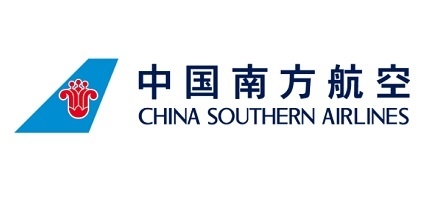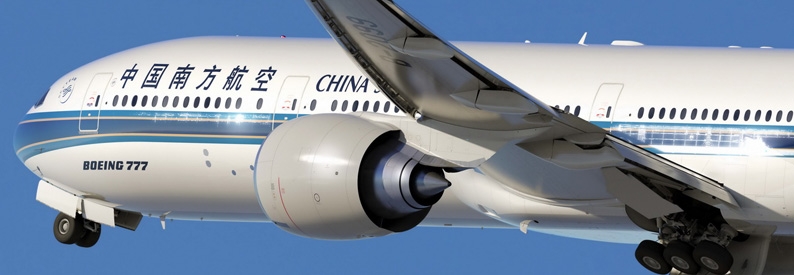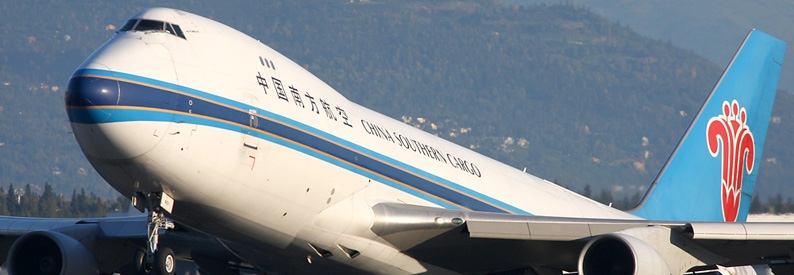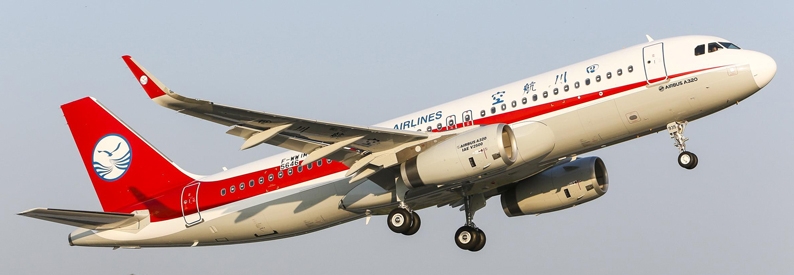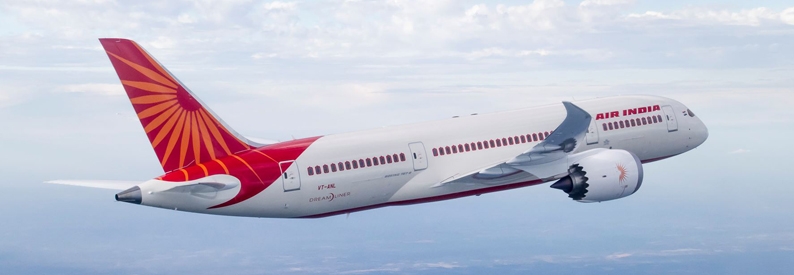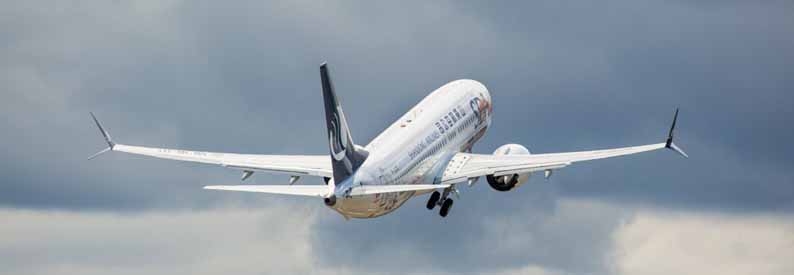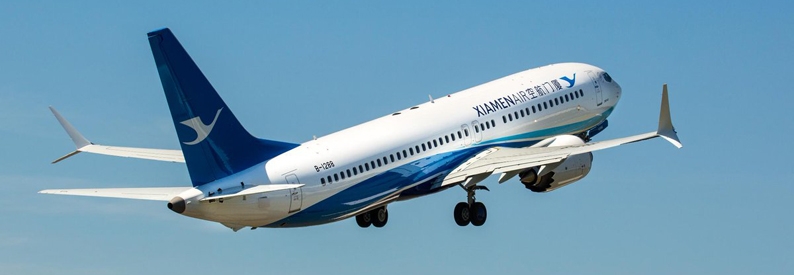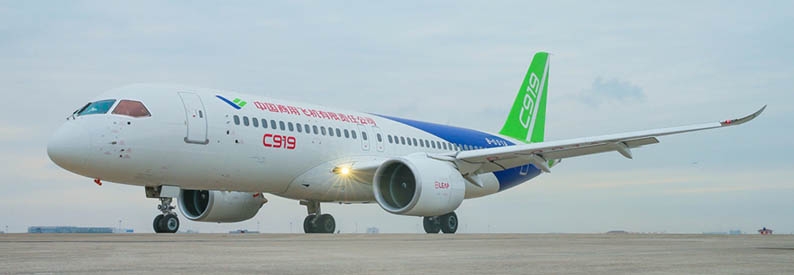The Chinese government is considering merging certain sectors of the country's three largest carriers - Air China (CA, Beijing Capital), China Southern Airlines (CZ, Guangzhou), and China Eastern Airlines (MU, Shanghai Hongqiao) - into one, informed sources who spoke to Bloomberg news on condition of anonymity have revealed.
As part of the country's 13th Five-Year Plan covering 2016 to 2020, China's Supervision and Administration Commission (SASAC) last month unveiled far-reaching reforms which aim, through the consolidation of state-owned companies, to create globally-competitive multinational corporations capable of turning a profit by 2020.
As such, the merger of the three airlines' passenger operations is only one aspect of consolidation under review with others said to include combining only two of three's passenger operations. In June, the deputy director of the Civil Aviation Administration of China (CAAC) Zhou Laizhen alluded to the creation of Asia's largest air-freight transport company through the proposed merger of China Eastern's China Cargo Airlines (CK, Shanghai Hongqiao), Air China Cargo (CA, Beijing Capital), and the cargo division of China Southern Airlines.
Historically, all three carriers stemmed from China's previous, de-facto state enterprise - CAAC (China) (Beijing Capital) - which Beijing unbundled into six trunk operators - Air China, China Eastern, China Southern, China Northern Airlines (Shenyang Taoxian International), China Southwest Airlines (Chengdu Shuangliu), and China Northwest Airlines (Xi'an Xiguan) - in 1987 as part of Deng Xiaoping's market reforms. However, to better streamline operational efficiencies, China Southwest was eventually merged into Air China in 2002, China Northwest into China Eastern also in 2002, while China Northern was absorbed by China Southern in 2004.
The privately-owned HNA Group has unveiled a similar policy with plans to transfer control of four carriers - Tianjin Airlines (GS, Tianjin), West Air (China) (PN, Chongqing), Capital Airlines (China) (JD, Beijing Daxing International), and Hong Kong Airlines (HX, Hong Kong International) - to Hainan Airlines (HU, Haikou) in a bid to improve profitability, boardroom excellence, and avoid horizontal competition among its subsidiaries.
